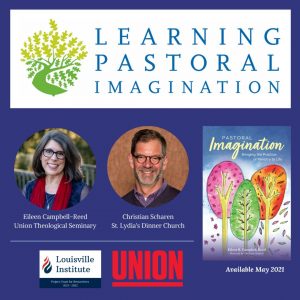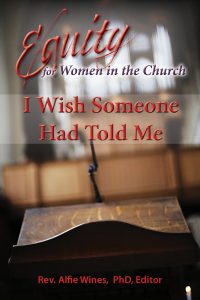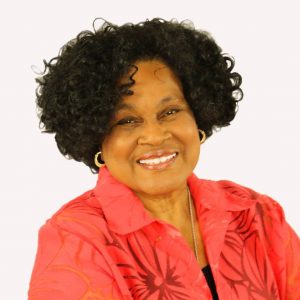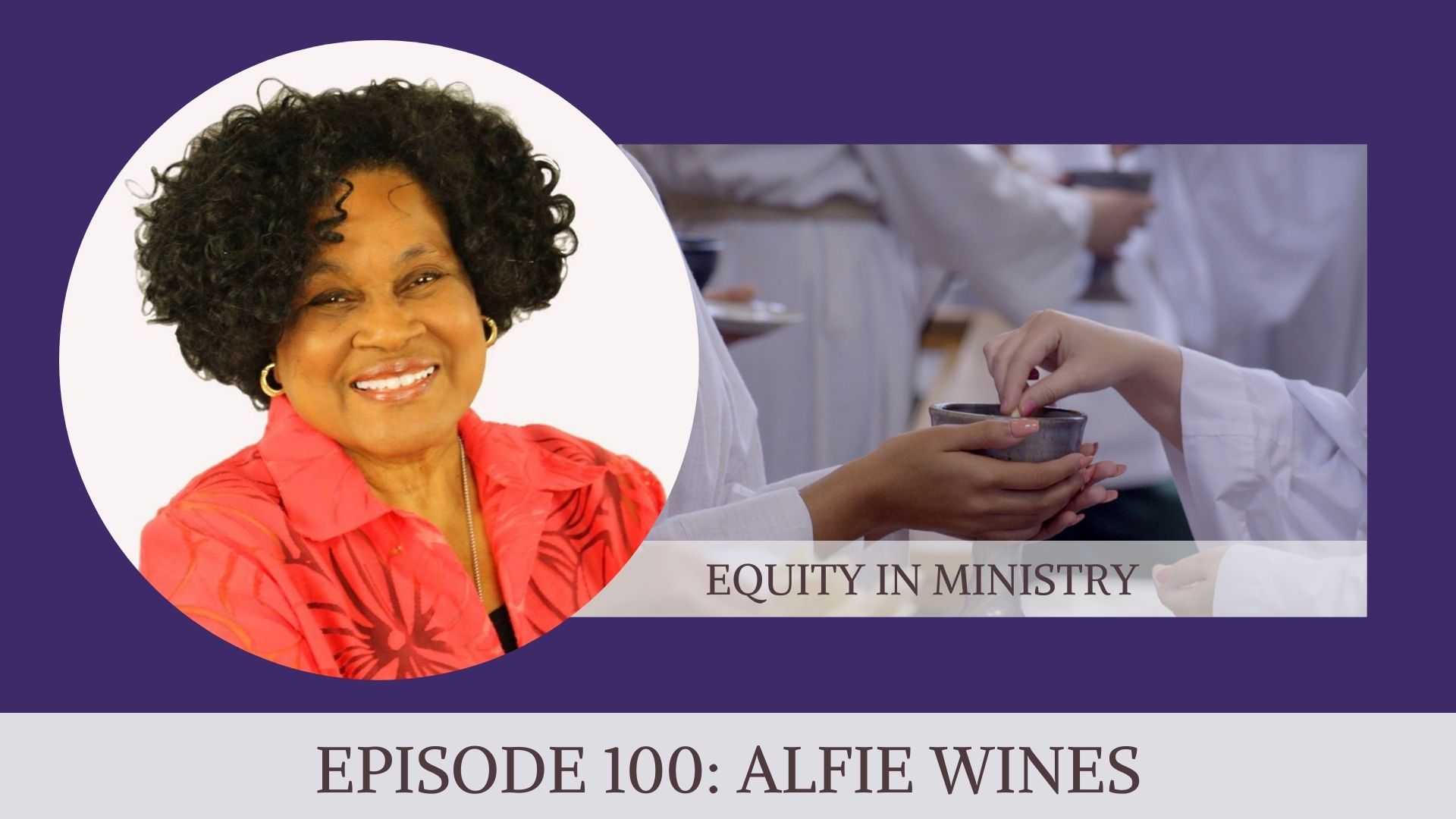Welcome to Episode 100 of Three Minute Ministry Mentor! We are taking a moment to celebrate that milestone. We have worked really hard to both inform and inspire you as you learn and grow in your practice of ministry! Celebrate with us today!
In 3MMM Season One I explored 50 topics related to the practice of ministry and how chaplains, priests, pastors and activists learn in practice. Now I have turned those 50 topics into a book! Pastoral Imagination: Bringing the Practice of Ministry to Life will be coming out in May 2021. You can preorder the book at Fortress Press, Amazon and Indie Bound.
In Season Two we expanded 3MMM to include conversations and interviews with a number of fascinating, wise, and inspiring ministers, scholars, authors, and community leaders. Parts of season two are only available to 3MMM subscribers. It’s free to join us anytime! And we surely hope you will. You’ll have access to wonderful conversations with people like Eric Barreto, Danielle Tumminio Hansen, Judy Cummings, and Stephanie Crumpton, as well as Pete Ward, Mary Moschella, Lee Kravitz, and many others.

Now we are fully into 3MMM Season Three! We are revisiting the topics from Season One. However, this time we are expanding topics further with interviews each week. You will hear from practical theologians, pastors, theological educators, activists, and many more people to inspire and inform your practice of ministry. These 50 topics are the very focus of Pastoral Imagination. Many of the stories of Season One, which fill my book come directly from the research of the Learning Pastoral Imagination Project. And here is something else to celebrate! The Louisville Institute granted the LPI study funding so the research can continue.
Our topic this week is equity in ministry. It is a concern that cuts across all the projects I work on. And I’m delighted this week to share our author interview with Dr. Alfie Wines who has her own new book about equity in the church.
Our guest this week is Rev. Dr. Alfie Wines
I met Alfie Wines by email when she contacted me about her latest book project. She is the editor and curator of a book that pulls together numerous articles and blogs about equity for women in the church. You can order her book here: I Wish Someone Had Told Me: Equity for Women in the Church. This is also our giveaway book in March. It is a perfect book for women’s her-story month! We will give away two Kindle copies and one paperback on Fridays during March. To be entered for the giveaway, just sign up at our welcome page!

The book came out in December 2020, at the end of a year when churches faced more struggles than any other in living memory. It was a year of challenge and loss and lament. And in every profession we see how women have taken the brunt of it. The church is no different. Women are leaving their church ministry jobs also.
It is precisely a good time to focus on equity. Because it is always a good time to consider how far we have yet to go for equity for women and LGBTQ folx in belonging fully and leading the church.
We also know from study after study that people of color, Indigenous Peoples, Black and Brown bodies, have suffered at higher rates through the coronavirus pandemic, due to health disparities that disfavor them.
The year 2020 also focused our attention on the ways that state sponsored violence hurts people and communities of color. Black and Brown bodies suffer more at the hands of police and a broken judicial system. These realities are best understood as the other more chronic, and more long-term pandemic.
Equity in the church
In 2018 I published a report on the status of clergywomen and LGBTIQ+ ministers in the United States. It was research that had not been updated in nearly 20 years. What I found was tremendous amount of progress in that 20 years across-the-board. But the gaps had not yet been closed. The gaps are still not closed in 2021. We are far from achieving equity. Yet some ministers and churches are getting more savvy about how to make needed changes to the fuller inclusion and equity in church leadership.
In Dr. Wines’ book, I Wish Someone Had Told Me, she shares a list of inequities. She is doing for you what she wishes someone had done for her.
“Here are some things that clergywomen might wish someone—pastor, mentor, colleague, professor—had told them early on as they considered and responded to God’s call in their lives:
1) “Church work pays not just less, but a whole lot less, than the corporate workplace.
2) Although “politics” is part of life in any workplace, politics in the church can be even more intense.
3) While they may have experienced sexism and/or racism in the workplace in other settings, sadly, their most painful experiences can happen in the church” (pp. 13-14).
Dr. Wines has seven more things on her list that she wishes someone had told her before she began her work in ministry. What do you wish someone told you?
I had many of the same experiences that Dr. Wines and the other contributors to her book describe. You’ll find my recounting of some of those inequities in this video.
More on Equity In Ministry | video | blog | podcast
Learning in Practice with Alfie Wines

Rev. Dr. Alfie Wines is a retired pastor, biblical scholar, theologian, emotional motivator, transformational speaker, and spiritual entrepreneur. Dr. Wines launched and facilitates an online program, book and journal, Take Back Your Life: How to Breakthrough When Life Breaks Your Heart.
We are delighted to welcome her to this week’s episode of Three Minute Ministry Mentor!
What questions do you live by?
AW: Oh my goodness! Where do I start? Yes, of course! It’s the start of a New Year! Let me share something with you that I recently shared with my Take Back Your Life Facebook Group. We know that we’re all dealing with a lot — COVID-19, a time of reckoning with Black Lives Matter and mistreatment of marginalized groups, the economy, the election, and its aftermath — we’re all dealing with a lot.
In this atmosphere, it’s easy to let life distract us from our dreams, goals, and visions for our lives. Yes, these are all things that we must deal with. However, we must not let these challenges sidetrack us. If we want 2021 to be a fantastic year, here are some questions we need to reflect on. There’s power in writing things down, so write your answers to these questions down and let them guide you throughout the year.
Questions for Reflection
1 – What am I holding? What am I folding? In other words, what am I embracing and what am I letting go of as I come into the New Year?
2 – What is my “word” for the year and why is that my word? In other words, what is my “go-to” word, the one word that I will remember whenever I need encouragement?
3- What sparks my soul? That is, what gets me excited to greet the day? What is it that I don’t want to live without?
4 – What is my intention for the year? That is, what is my one, my most important goal (one, no more than three) for the year?
5 – Give thanks for 2021! Yes, give thanks for what lies ahead in 2021 . . . and beyond!
6 – Strive for excellence, not perfection. It will save you a lot of stress!
7 – Take care of yourself! Be gentle, give yourself a break!
That’s it — a simple list of questions to use as a guide throughout the year.
What questions do you wrestle with in your practice of ministry?
AW: As a Hebrew Bible Scholar, my favorite question is the question of theodicy, “If God is good, why is there evil and suffering in the world?” What I love about this question is that it is a question that has no answer. We can ponder as much as we’d like–and indeed we should ponder–yet ultimately, of course, this is an unanswerable question. It broadens our understanding to reflect on questions of theodicy. When we encounter this type of dilemma, we have to grow our faith and learn to live with the fact that it is, and always will be, an open-ended question.
What do you hope I Wish Someone Had Told Me: Equity for Women in the Church will do for readers, ministers, and congregations?
AW: In this age of “Me Too,” the clergywomen whose reflections appear in these pages, dig deep as they share their experiences of being women in ministry. They write with honesty, boldness, and authenticity. In these pages, the voices of clergymen and others who stand in solidarity and support of clergywomen can also be heard.
I hope that these reflections simultaneously encourage and inform clergywomen about the joys and the challenges of being a woman in ministry. Together, the contributing authors and I, want our work to be an impetus that contributes to conversations in faith communities, seminaries, divinity schools, families, and beyond. It is our hope that decision-makers will make equity and inclusivity an essential factor in every decision they make concerning women in ministry.
How has your practice of ministry changed over time?
AW: Phew! I served the church as Pastor/College Minister for seventeen years! That’s a lot of time and a lot of changes! Perhaps the greatest changes are: Spiritually, I learned to trust God and depend on the Holy Spirit. It doesn’t all depend on me! Hallelujah!! As a practical matter, I learned that churches have life cycles. Pastors who understand that will save themselves a lot of anxiety, stress, and sleepless nights!
What is on your must-read list right now?
AW: I always keep a list! I’m looking forward to the February release of A Black Woman’s History of the United States by Daina Ramey Berry and Kali Nicole Gross (part of the Revisioning History series) and the September release of Reading While Black: African American Biblical Interpretation as an Exercise in Hope by Esau McCauley . . . and just for fun, I’m working my way (online) through Walk that Bass: The Jazz Piano Site.
Thank you for thinking of me!
+++++++++




